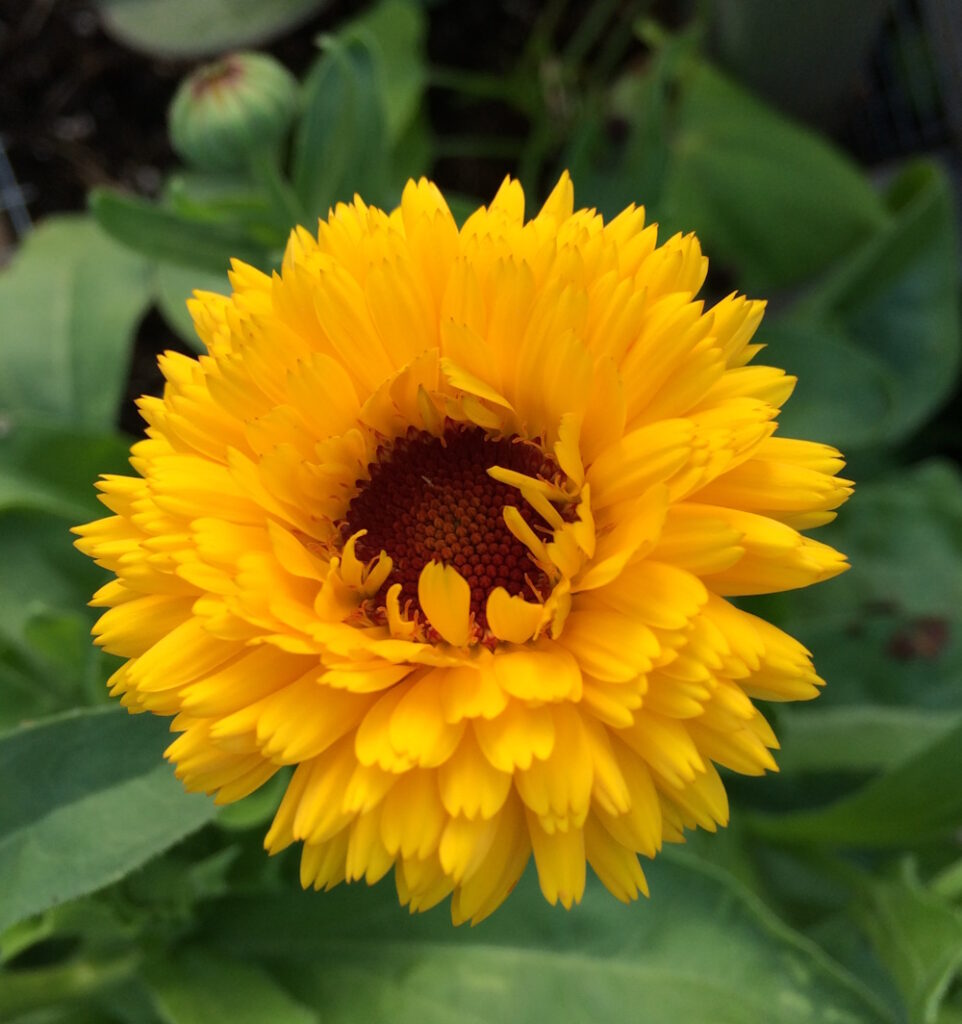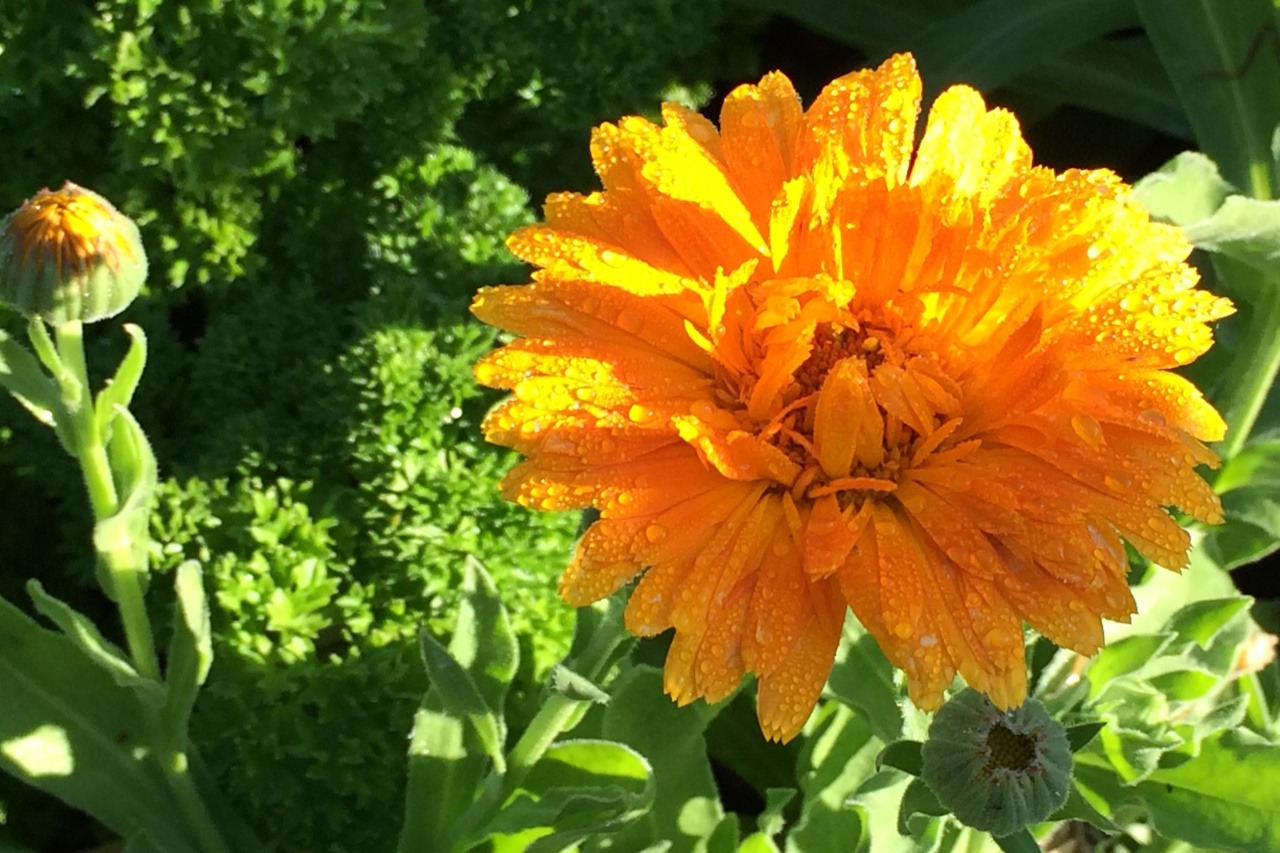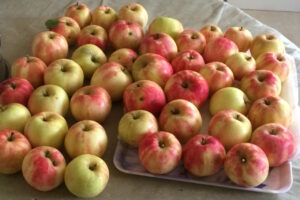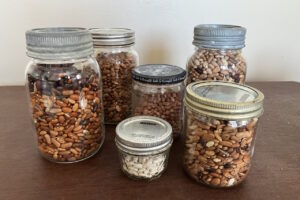“Latin is a dead language
That is plain to see.
It killed off the Romans
And now it’s killing me.”
Someone wrote these words in my autograph book when I was in elementary school. I’ve since learned that Latin is very much alive in botany.
Let’s look at the popular flowering plant many call “Pot Marigold.” Other names by which this plant is known in different places include Common Marigold, English Marigold, Garden Marigold, Scotch Marigold, or simply Marigold. You can guess that there would be some confusion if people from different countries — or even different regions — talked or wrote about this plant using the common names familiar to them. In the 18th century, Swedish naturalist Carl Linnaeus developed an internationally accepted naming system called “binomial nomenclature” to avoid this confusion. This system is used in botany and several other sciences to this day.
Under this system, Latin is used for the two main parts of the name of each plant: the genus name and the specific epithet. Together, these two names identify the species to which that particular plant belongs. There are rules for capitalization of certain words, italicizing others and, in some cases, placing single quotes around part of the name too.
Using this system, the plant sometimes called Pot Marigold has the botanical name:
Calendula officinalis
Notice the first word (the genus name) is capitalized but the second word (called specific epithet) is not. Both words are in Latin and are italicized. You can speak with any botanist or serious gardener around the world using this name and they will know exactly which plant you mean.
This naming system can be refined even further. Plant breeders have developed several different cultivars (cultivated varieties) of this plant and given them various names such as ‘Candyman,’ ‘Pacific Beauty,’ and ‘Bon Bon.’ The accurate way to refer to these plants is: Calendula officinalis ‘Candyman,’ Calendula officinalis ‘Pacific Beauty’ and so on.

Calendulas officinalis ‘Pacific Beauty’
Note that these names are not in Latin and therefore not italicized. However, they are surrounded by single quotation marks and each word is capitalized, informing us that they are named cultivars.
There are other reasons to know the correct botanical names of plants. The name can reveal something of the plant’s history or use. In the case of Calendula officinalis, the word officinalis refers to uses in medicine and/or cooking.1 Some garden herbs like lemon balm, rosemary and sage also carry this name: Melissa officinalis, Rosmarinus officinalis and Salvia officinalis respectively. Knowing the correct botanical name of a plant is also important when you are planning a garden layout and hoping to save your own seeds. More on this in future posts.
1 For a short and interesting explanation of the use of this word, see: https://pubmed.ncbi.nlm.nih.gov/21657104/
Wendy spent a good part of her adult life moving with her husband, never staying long enough to see an apple tree mature and bear fruit. When they retired, developing a food garden and planting hardy ornamentals became a passion. Weaving her previous studies in nutrition with her current interest in gardening has become a stimulating and life-giving activity.




